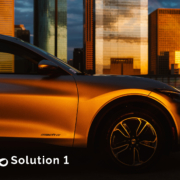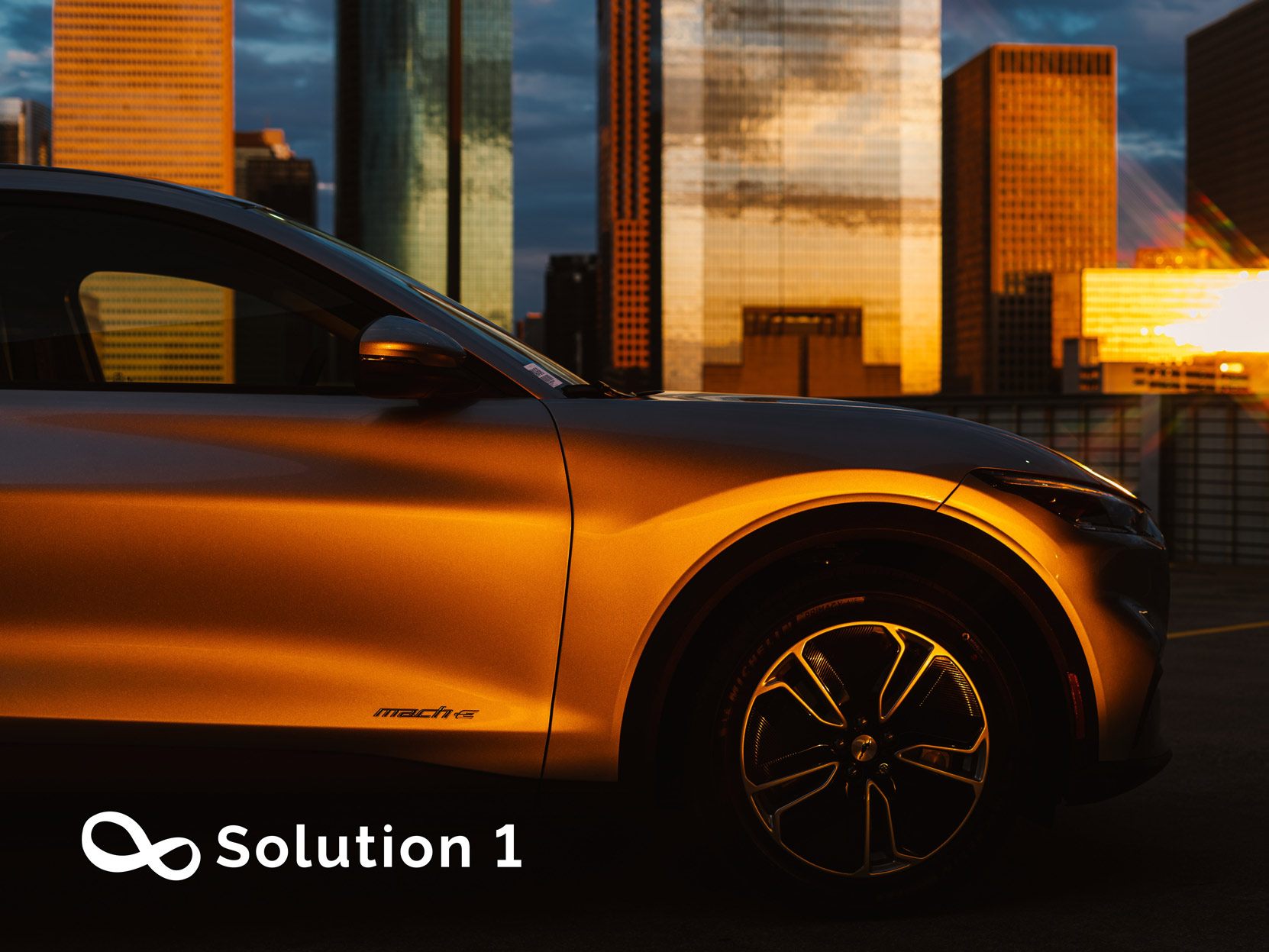Traditional automobile manufacturers are entering a Kodak moment.
The European Council recently passed new regulations, mandating that from 2035 onward, new vehicles must achieve zero carbon emissions, and the sale of traditional gasoline and diesel vehicles will be prohibited. This poses an existential challenge for traditional car manufacturers and can potentially disrupt the global automotive market.
Due to the trade policies between the U.S. and China, Chinese electric vehicle companies have faced challenges in the American market. This has led Chinese electric vehicle companies to focus on Europe as their primary battleground. In the coming years, we may witness some traditional European automakers facing a “Kodak moment” as this trend unfolds.
In Asia, former Toyota President Akio Toyoda has been critical of electric vehicles, expressing concerns about their limited environmental benefits and potential harm to the Japanese economy. He has also emphasized issues related to power infrastructure and charging station insufficiency, as well as the impact of the electric vehicle industry on local employment opportunities.
However, the trend towards electric vehicles continues unabated. Over the past 137 years, transportation has evolved from human-powered and animal-powered vehicles to automobiles, and electric vehicles represent the next phase in transportation. In a recent press conference, Akio Toyoda admitted, “I feel that I can no longer keep up with the new era and I must choose retirement.”
Toyota has since made changes, accelerating its development plans to sell 3.5 million electric vehicles annually by 2030. They have also altered their manufacturing processes to increase production speed and reduce costs.
In July of this year, Toyota introduced a new manufacturing technology called “Integrated Casting” for electric vehicles slated for release in 2026. This technology reduces production processes and factory investments by 50%, enhancing cost competitiveness.
A similar technology, known as “Mega Casting,” is already employed by Tesla in their Model Y production. Tesla claims that this technology has reduced their electric vehicle production costs by 50%, resulting in a net profit per vehicle approximately 4.8 times greater than Toyota’s.





